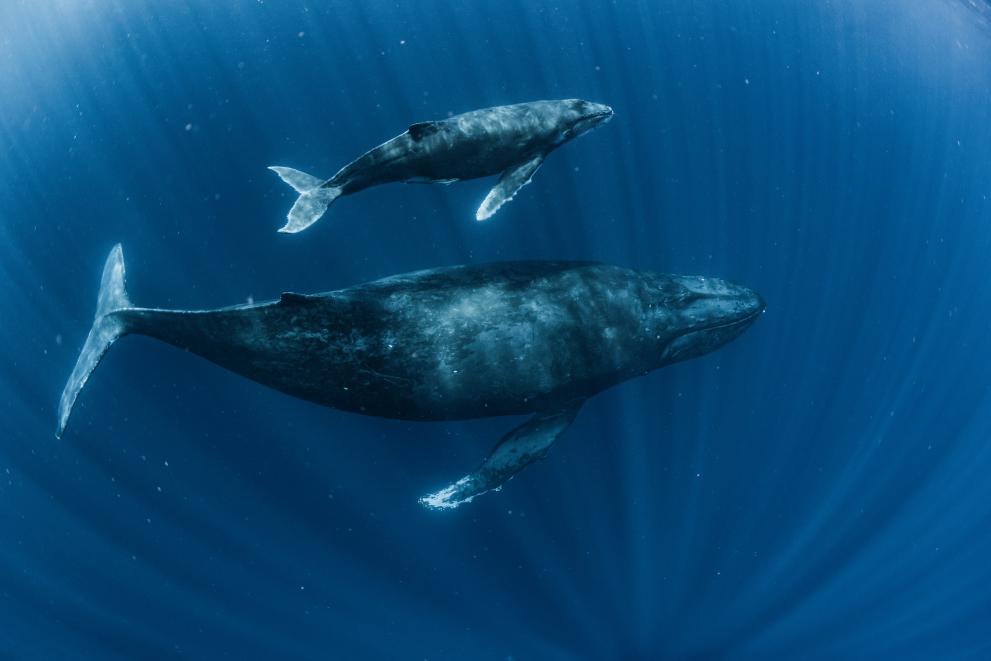
The Commission welcomes the adoption today by the Council of a decision to conclude the United Nations agreement on Biodiversity Beyond National Jurisdiction (BBNJ), also known as the ‘High Seas Treaty’. With today’s decision, the EU is now ready to formally deposit the ratification instrument, which the EU and its Member States are committed to doing before the next UN Ocean conference in June 2025.
The EU played a key role in reaching the BBNJ agreement and strongly encourages all countries to promptly ratify the treaty. It will enter into force once it receives 60 ratifications. Currently, seven countries have ratified the treaty and 89 have signed it.
The treaty will provide for shared governance over approximately half of the Earth’s surface and 95% of the ocean’s volume. It will allow for the establishment of marine protected areas on the high seas, safeguarding the ocean from human pressures in a major contribution to addressing climate change, protecting biodiversity and achieving the objective to protect at least 30% of the planet by 2030. The treaty addresses a glaring gap in ocean protection, as only about 1% of the high seas is currently protected. The areas covered by e treaty are essential for both ecological resilience and resource provision for people.
The EU has pledged to support the treaty’s implementation in particular by developing countries by mobilising funds from the EU Global Ocean Programme and has invited other major donors to do the same.
Background
The President of the European Commission, Ursula von der Leyen signed the “High Seas Treaty” on behalf of the EU in September 2023. In October 2023, the Commission presented to the Council a proposal to conclude this Treaty. In April 2024, the European Parliament gave its consent to the conclusion of the Treaty of the High Seas with an overwhelming majority. With the decision of the Council, the EU is now ready to ratify the Treaty of the High Seas.
Areas beyond national jurisdiction comprise the high seas and the seabed beyond national jurisdiction. They contain marine resources and biodiversity and provide invaluable ecological, economic, social, cultural, scientific and food security benefits to humanity. However, they are under mounting pressure from pollution, overexploitation, climate change and biodiversity loss.
The High Seas Treaty will allow for the establishment of Marine Protected Areas in the High Seas at global level, safeguarding the ocean from human pressures in a major contribution to reducing climate change, to protecting biodiversity and achieving the objective to protect at least 30% of the Planet by 2030. The Treaty thus addresses a blaring gap in ocean protection, as only about 1% of the high seas is currently protected.
The Treaty also sets a framework for a fair and equitable sharing of monetary and non-monetary benefits from marine genetic resources, and for capacity building and transfer of marine technologies to developing countries, as well as a voluntary fund to support developing countries to achieve UN Sustainable Development Goal 14 on “Life Below Water”.
This High Seas Treaty should also be instrumental for increasing coherence, coordination and synergies among the ocean-related activities carried out by many organisations and stakeholders, thus contributing to a more holistic management of activities in the high seas.
The EU has pledged to support the Treaty’s implementation in particular by developing countries from the EU Global Ocean Programme and has invited other major donors to do the same.
More information
Protecting the ocean, time for action - European Commission (europa.eu)
A win for the ocean: High Seas Treaty signed at United Nations - European Commission (europa.eu)
Details
- Publication date
- 17 June 2024
- Author
- Directorate-General for Maritime Affairs and Fisheries
